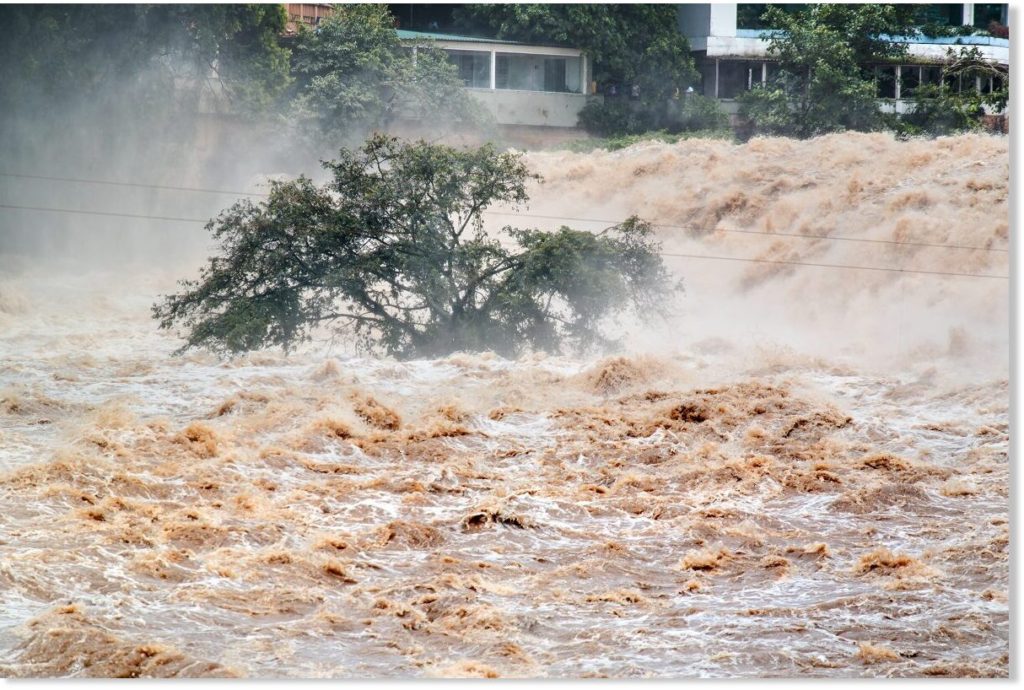Climate change and global warming are exacerbating the frequency and severity of floods worldwide. Changes in precipitation patterns, melting glaciers, and rising sea levels contribute to an increased risk of flooding. Search and rescue (SAR) teams thus face new challenges and need to adapt accordingly. The following should be taken into consideration:
1. Advanced Training and Equipment: SAR teams need to be trained in flood rescue operations that take into account the potential impact of climate change. This can include dealing with fast-moving water, navigating debris-laden waterways, and handling more powerful and unpredictable floodwaters. Additionally, they should be equipped with more advanced and robust equipment that can withstand harsher conditions.
2. Up-to-date Information and Technology: Keeping abreast of the latest climate science and flood prediction technology is critical for SAR teams. Advanced warning systems, real-time tracking, and prediction models can help SAR teams prepare for and respond to flooding events. Drones and satellite technology can also aid in mapping, surveying, and monitoring flood-prone areas.
3. Collaboration with Climate Scientists: SAR teams should work closely with climate scientists to understand the potential future scenarios of flooding in their specific regions. This collaboration can help the SAR teams to prepare for worst-case scenarios and develop plans based on accurate and scientific data.
4. Community Education and Preparedness: SAR teams can also play a vital role in educating communities about the risk of floods due to climate change. This includes teaching people about evacuation routes, emergency procedures, and flood safety practices. Public education can greatly enhance the effectiveness of SAR operations during a flood.
5. Policy Advocacy: SAR teams, as first-hand witnesses of the effects of climate change, can advocate for more robust climate policies. This can include pushing for more funding for flood mitigation efforts, better urban planning to avoid building in flood-prone areas, and strategies to reduce greenhouse gas emissions.
6. Planning for Increased Demand: As climate change increases the frequency and severity of floods, SAR teams should anticipate a corresponding increase in demand for their services. This may require additional funding, manpower, and equipment to meet this growing need.
7. Mental and Emotional Readiness: Lastly, the psychological aspect of dealing with increased disasters due to climate change should not be overlooked. SAR personnel should be prepared mentally and emotionally for potentially seeing increased levels of devastation and tragedy.
Climate change demands a proactive, informed, and adaptable approach from SAR teams. This involves staying updated with scientific advancements, equipping themselves appropriately, engaging with the community, advocating for policy changes, and preparing themselves for a potential increase in demand for their services. By doing so, SAR teams can ensure they remain effective and efficient in their mission to save lives during flood events.

